When people follow a vegan diet, they often eat more fruit and vegetables and enjoy meals higher in fibre and lower in saturated fat. We work with the British Dietetic Association to show that well-planned vegan diets can support healthy living in people of all ages. Our resources will help you to learn more about replacing animal foods with healthy plant foods, for example, swapping dairy foods with calcium-fortified alternatives, showing you how to get the most out of a balanced vegan diet. They have been developed with the help of our registered Dietitians Andrea and Emily.
Vegan Eatwell Guide
How does your diet compare to the Vegan Eatwell Guide? It has been designed based on healthy eating principles to give you an idea of how to balance the main food groups and make good use of fortified foods and supplementation, including sustainability tips. You will notice that there is little mention of highly processed foods as too many of these foods are not an essential part of a healthy vegan diet. Limiting your intake of those foods with added salt, fat and sugar will help you to experience more health benefits of a vegan diet.
VNutrition
VNutrition is a free dietary self-assessment app for vegans. Please note – our VNutrition app requires an update to ensure it’s compatible on the latest devices, therefore, it is temporarily unavailable. We apologise for any inconvenience caused.
VEG 1
The Vegan Society markets a supplement called VEG 1, which is designed to complement a balanced and varied vegan diet to give your body all the nutrients it needs without animal products. It supports a selective approach to supplementation, including vitamin B12, vitamin D, iodine and selenium.
Meal planning
These meal planning tips are not just for people transitioning to a vegan diet. If you are a seasoned vegan, they can help to ensure your nutrition is on track.
This information will help you to learn about balancing food groups, as well as giving you some knowledge of fortified foods and supplementation to ensure that you are getting all the nutrients you need to follow a healthy diet.
Key nutrients
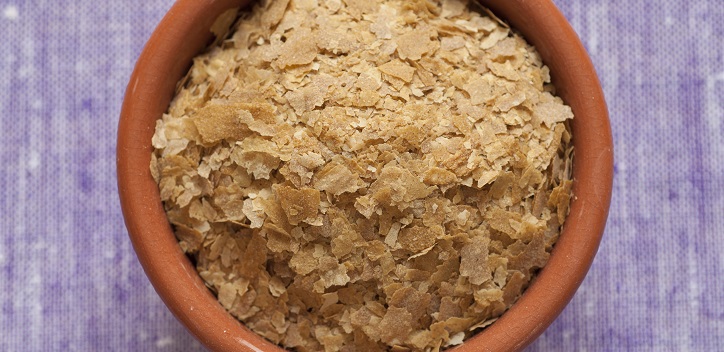
Vitamin B12
This nutrient is needed to help speed up reactions in your body. Deficiency can cause anaemia and nervous system damage.
Vitamin B12 is made by micro-organisms and is not produced by plants.
Make sure that you are getting an adequate amount of vitamin B12 from fortified foods or supplementation.
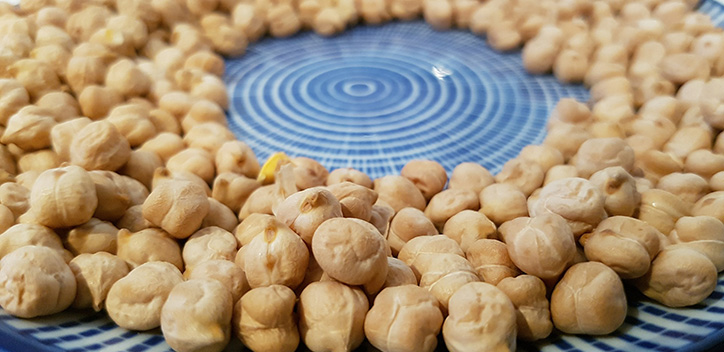
Protein
Protein gives our muscles and bones structure. It is also used for fighting infection, speeding up reactions, making hormones, carrying oxygen and repair.
The key is to enjoy a varied and balanced diet containing adequate calories and ensure that all your meals contain sources of good quality protein.
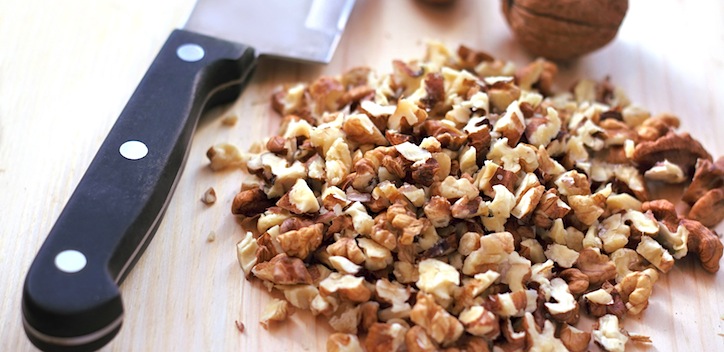
Omega-3 fats
Omega-3 fats affect many aspects of our health, including our immune system, brain, nerves and eyes.
The are several steps that you can take, such as ensuring that your daily diet includes a really rich source of omega-3 fat.
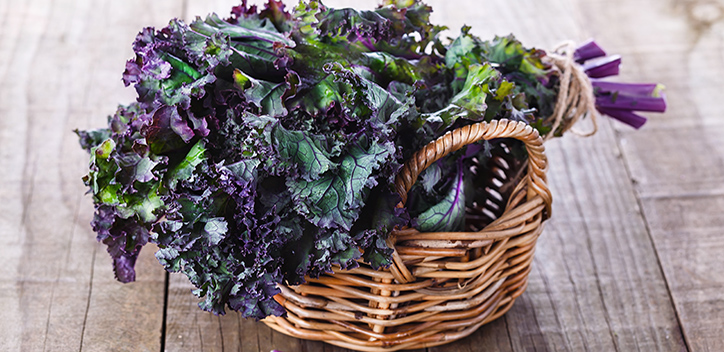
Calcium
Calcium is involved in bone health, your nervous system, blood clotting and controlling your muscles.
Aim to consume two to three portions of calcium-rich foods on a daily basis.

Vitamin D
Vitamin D helps to keep our bones and muscles healthy.
In the UK there are concerns that we do not get enough of this ‘sunshine’ vitamin.
UK public health authorities recommend supplementation from October to March as a minimum.

Iodine
Your body uses iodine to make thyroid hormones, which control how fast your cells work.
Make sure that your diet contains a reliable source of iodine, such as a supplement containing potassium iodide/iodate or a good intake of an iodine-fortified plant milk.
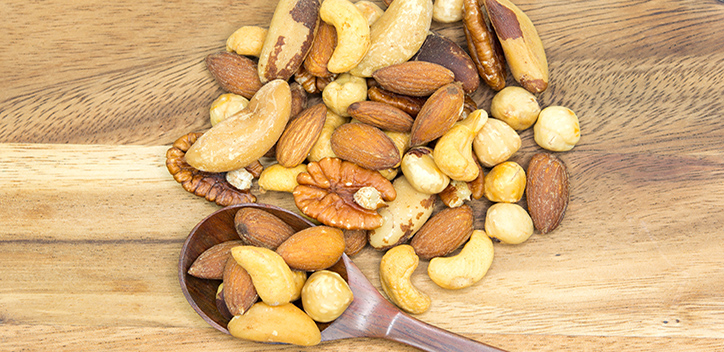
Selenium
Selenium is part of many important enzymes, which speed up reactions in our bodies.
Vegans in Europe may have lower intakes than those living in countries with high soil selenium or extensive use of high-selenium imported produce.
Using a supplement containing selenium is a reliable way of guaranteeing an adequate intake.
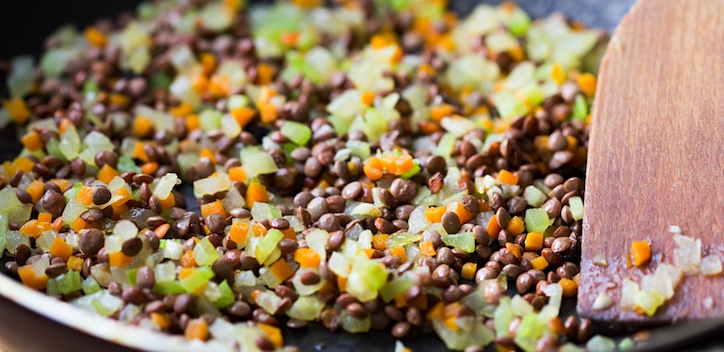
Iron
Iron deficiency is the most common nutrient deficiency in the world. If your body is running low on iron, you may become tired and anaemic.
It is important to choose iron-rich foods throughout the day and take steps to optimise absorption.
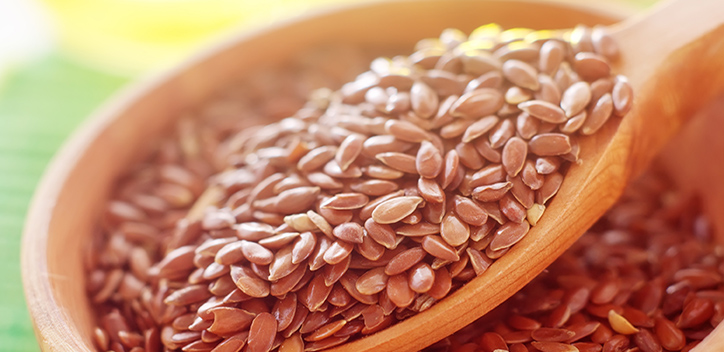
Zinc
Our bodies use zinc for a variety of functions, including speeding up reactions and fighting infection.
It is important to choose zinc-rich foods throughout the day.
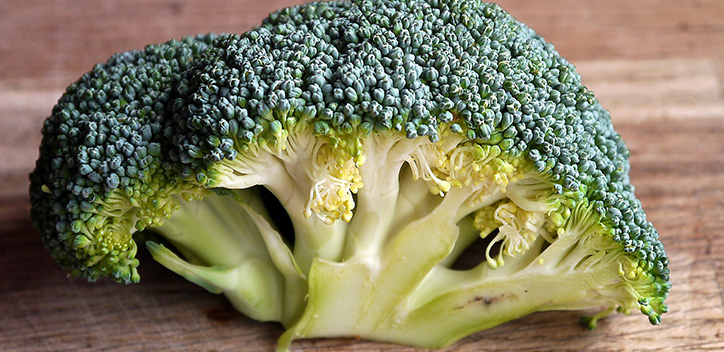
Vitamin K
This vitamin plays a role in blood clotting, bone health and the functioning of our kidneys.
Leafy green vegetables are a rich source, so ensure that they feature in your daily diet.
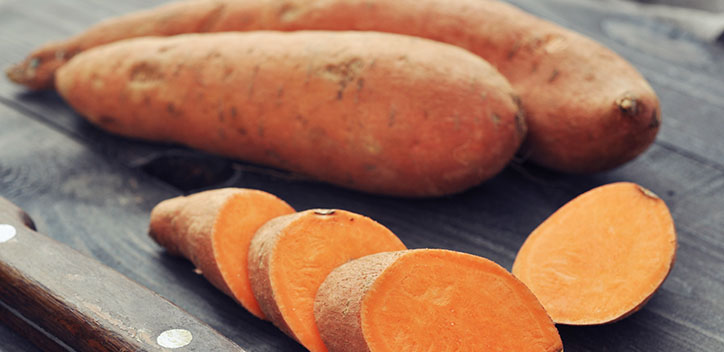
Vitamin A
Our bodies turn carotenoids from plant foods into vitamin A, which is required for eye health and the normal functioning of our immune systems.
Make sure that your daily intake of fruit and vegetables includes rich sources of carotenoids.
Further resources
- Read our health summary for information about the health aspect of going vegan.
- Check out our Catering for Everyone resources for information relating to a range of settings, including hospitals.
- Find out more about The Vegan Society’s VEG 1 supplement by taking a look at these frequently asked questions.
- UK Dietitian Azmina Govindji has written a book called Vegan Savvy, which is a handy vegan nutrition guide.
- Visit the Vegan Health website for a range of recommendations from US Dietitians Reed Mangels, Virginia Messina, Jack Norris and Taylor Wolfram; and read Vegan for Life by Virginia and Jack for a comprehensive overview.
- Becoming Vegan by US Dietitians Brenda Davis and Vesanto Melina also provides a comprehensive overview of vegan health and nutrition.
These are general guidelines about nutrition. If you have concerns about your diet, please talk to your doctor about seeing a dietitian. Discussing the use of supplements with a health professional will help to ensure that they are suitable for you.
